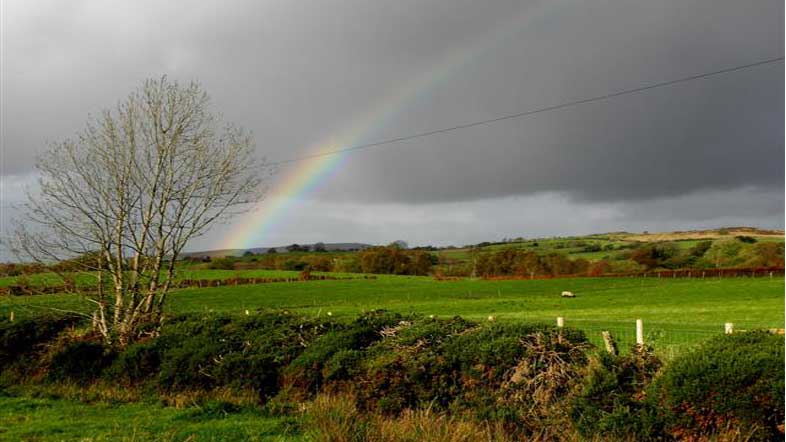Whoever wants to be first, must be last of all and servant of all. (Mk. 9:35)
The disciples were having a lively discussion amongst themselves as they travelled with Jesus to Capernaum. However, when Jesus asked them what they were talking about, they did not dare answer him, perhaps because they were ashamed. The fact was they were trying to establish who among them was the greatest.
Jesus had spoken several times about his mysterious appointment with suffering, but for Peter and the others it was too difficult to understand and accept. In reality, it was only after the experience of Jesus’ death and resurrection that they discovered who he really is: the Son of God who gives his life out of love.
That is why, to help them truly be his disciples, Jesus sat down, called them to come close to him and revealed to them the true nature of “evangelical primacy”:
Whoever wants to be first, must be last of all and servant of all.
Despite their frailty and fears, Jesus has confidence in the disciples. He calls them to follow him and to share his mission to serve everyone. Paul’s exhortation to the Christians in Philippi comes to mind: “Do nothing from selfish ambition or conceit, but in humility regard others as better than yourselves. Let each of you look not to your own interests, but to the interests of others. Let the same mind be in you that was in Christ Jesus.” Therefore to serve, not so much as slaves who are forced into their work, but as a free people who generously offer their skills and strength. A people who give of themselves not only for the benefit of a specific group or party, but for all those who need help, without exception and without prejudice.
This is a call for us today too, to have open minds and hearts, to recognise and care for the needs of others and to be active in building truly human relationships. It is an invitation to put our talents to good use for the common good and, in spite of our failures, to start afresh to do so each day, putting ourselves in the last place in order to press on together with others towards the only possible future: universal fraternity.
Whoever wants to be first, must be last of all and servant of all.
Focolare founder, Chiara Lubich, commenting on this Word of Jesus, suggested ways we could put it into practice: “There are countless opportunities in everyday life when we, like Jesus, can choose to take the last place. If we have been asked to be the lead in completing an important task, let’s not feel that we are ‘somebody’, let’s leave no room for pride and arrogance. Instead, let us remember that the most important thing is to love our neighbour. Let us take advantage of the new situation to serve our neighbour better, without forgetting about what could seem to be small things, such as personal relationships, simple household jobs, helping our parents, keeping peace and harmony in the family, and educating children… Yes, whatever happens, let us remember that Christianity means to love and to have a preferential love for the least. If we live like this, we will continue to build up the Kingdom of God on earth and Jesus has promised that if we do this, all the rest will be given to us as well – health and material goods in abundance … to be shared with others. In this way we become the arms of God’s Providence for many people.”
The protection of our common home is a particularly timely service to the common good which we can share with so many people around the world. For years it has been a strong theme for a common Christian witness. This year, for an increasing number of churches, the month of September once again opens with the celebration of the Season of Creation, which continues until 4 October, the World Day of Prayer for the Care of Creation.
On one such occasion in the past, the Taizè community proposed this prayer: “God of love, as we remain in your presence, make us capable of grasping the infinite beauty of what you have created, of all that comes from you, of your inexhaustible compassion. Increase our attention towards others and towards all creation. Teach us to discover the value of everything and make us bearers of peace in the human family.”
Letizia Magri

